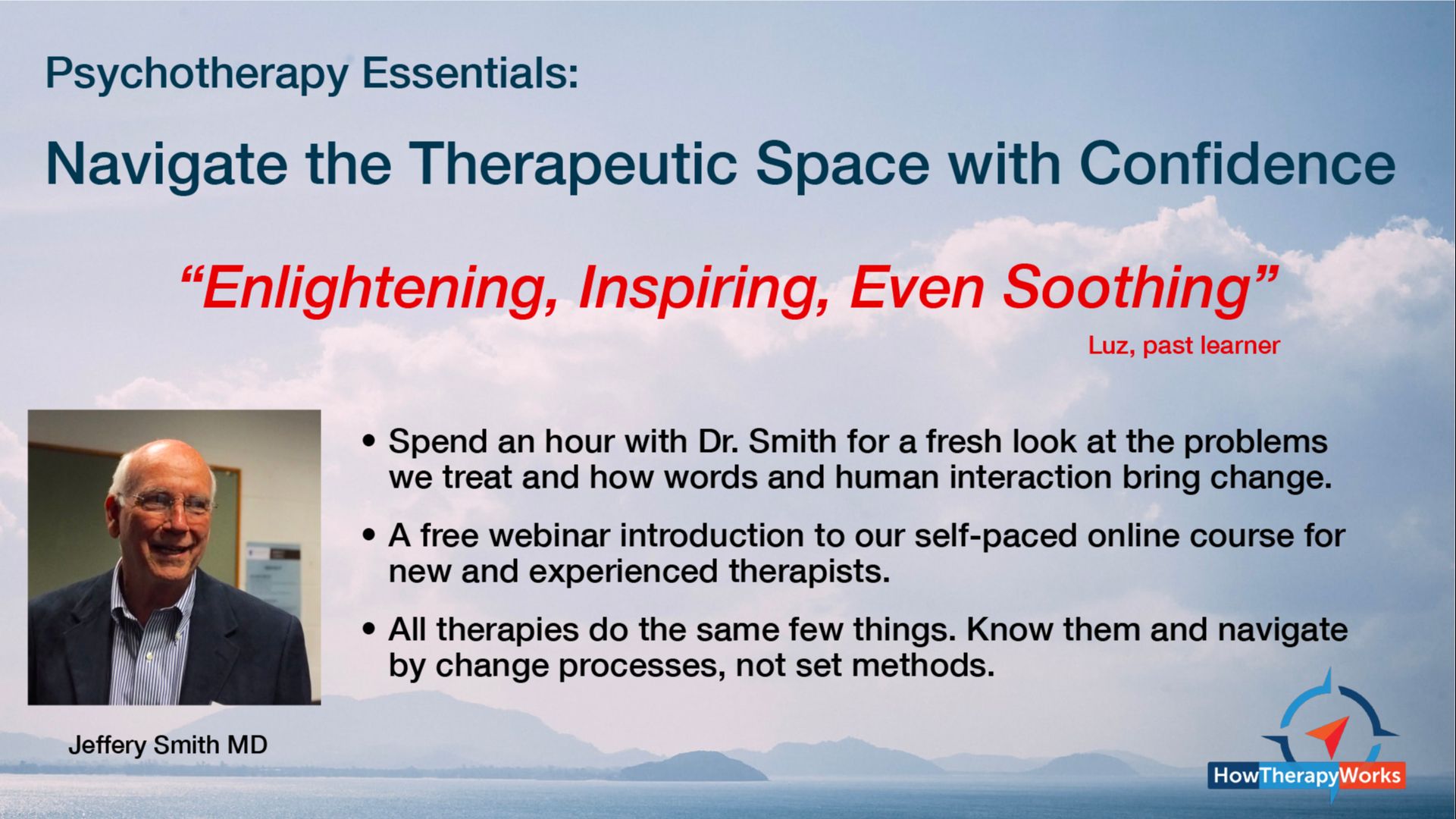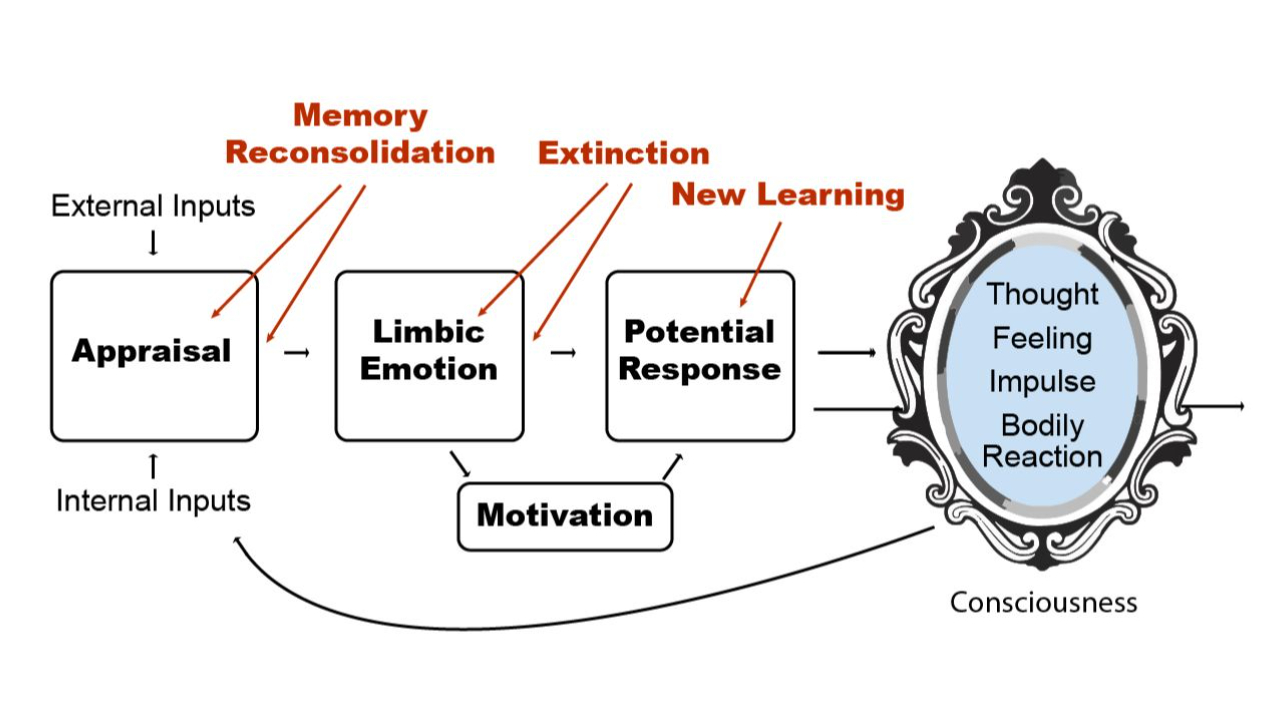Tuesday is for Therapists: Biweekly Essays
Announcment: Before going into the subject of this 90th post, we are pleased to let readers know that our Psychotherapy Coaching Community is up and running and accepting new members. More information is at the end of this post.
The issue of directive vs. nondirective is relevant in so many rela...
This post is about the concepts of “bottom up,” “top down,” and how they relate to the art of communicating with the inner self, where problem patterns are formed and hopefully exchanged for healthier ones. I’ll start by putting these things in some perspective, then look at two clinical examples...
This post was prompted first by goings on in the world, but more specifically by two interesting encounters. I attended a talk entitled, “Darwin, and Freud's Epistemological Path to the Unconscious” by Mark Erickson, MD. Coincidently, I listened to an episode of Dr. David Puder’s podcast with Rob...
Maybe it’s like the state of healthcare in the US, where corporate interests hove so overpowered the ranks of those who do the work that we have fallen into a state of passive demoralization. The field of psychotherapy is largely unaware that it is suffering the same fate. In our field, the passi...
First, announcing a Free Webinar and New Course:
Psychotherapy Essentials: Navigate the Therapeutic Space with Confidence
An online course and free introductory webinar for new and experienced therapists–
Many therapists suffer from the lack of an accessible and practical framework for naviga...
Internalizers Welcome: Share your difficult problems! Winning subscribers will receive free coaching via TIFT. All you have to do is Dare to Share!
We all have difficult cases and doubts. Of course you are hesitant to expose the areas where you feel unsure, but I promise full anonymity. We wi...
The Affect Avoidance Framework adopts a modern view of mind to make lucid the problems psychotherapy is designed to treat as well as precisely how words and human interaction can produce enduring change. Today I’ve made a substantial addition to a previously shared diagram. It’s the inclusion of ...
Subscriber "Dare to Share" **
Hi Jeffery,
I’d still be interested in your thoughts about online therapy as a continuing platform for therapy. It’s an issue for me because my therapist has decided to work only online. This means I will never meet her in person since I started with her in Dece...
Internalizers Welcome: Share your difficult problems! Winning subscribers will receive free coaching via TIFT. All you have to do is Dare to Share (see below).
We all have difficult cases and doubts. As internalizers we think first of critiquing ourselves. Therapist coaching offers help makin...
This is a continuation of TIFT #80, Confronting Therapist Anxiety. Here I share my own experience combining clinical knowledge with modern neuroscience to activate old patterns and deliver disconfirming information such that it reaches the limbic neurons where information needs to be rewritten.
...
The Dunning-Kruger Effect describes the fact that people of low competence tend to think they are highly skilled. At the same time, social researchers, Dunning and Kruger (1999), in a classic article, note that:
“Top-scoring individuals know that they are better than the average, but they are no...
Western medicine has made relentless progress in the use of scientific understanding of disease to develop more effective treatments. In mental health, Psychiatry has ardently desired to follow the same trajectory, but has not made the same kind of progress. In its all out attempt to do so, it ha...














